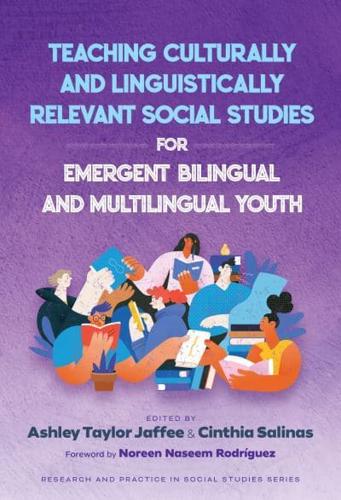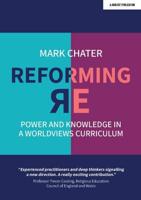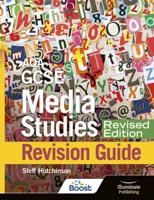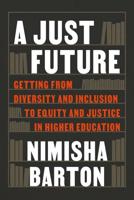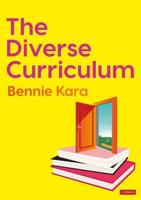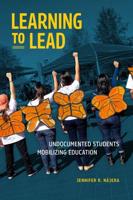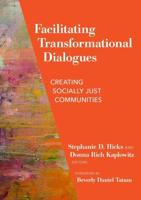Publisher's Synopsis
Through research, storytelling, curriculum development, and pedagogy, this book will help educators engage emergent bilingual and multilingual (EBML) students with social studies and citizenship education. Chapters are written by well-known and new scholars who are enacting teaching and research that center the needs, interests, and experiences of EBML youth. Drawing from multiple, intersecting, and interdisciplinary frameworks that focus on culture and language, chapters highlight social studies in varying disciplinary and nondisciplinary spaces (e.g., community, geography, family, civics, history) both inside and outside the classroom. Examples of frameworks include culturally relevant and sustaining pedagogies, linguistically responsive teaching, LatCrit and critical pedagogy, translanguaging pedagogy, and transnational citizenship. This insightful volume also directly challenges oppressive structures, policies, and practices that continually marginalize EBML students and are rooted in racism, linguicism, and xenophobia. This unique collection is designed for scholars, teachers, and teacher educators to actively read, reflect on, and enact the approaches shared by educators who are doing this work.
Book Features:
- Highlights research conducted with youth and teachers in elementary, middle, and secondary school contexts, as well as with preservice teachers and teacher educators.
- Written in a user-friendly format for quick and informative access to theoretical and practical approaches.
- Outlines specific ideas for how to prepare pre- and inservice teachers for working with EBML students.
- Includes case studies, unit and lesson plan examples, and vignettes.
- Concludes with expert commentaries on where the field of social studies must go next to best meet the dynamic and multifaceted needs of EBML students.
